Today one of my co-editors of the Journal of Asian Midwives emailed me to announce that our journal has been accepted for inclusion by Scopus.
 Scopus, which is owned by the publishing house Elsevier, is the world’s largest electronic database of peer-reviewed literature. The Scopus assessors of our application made some very nice comments about the Journal of Asian Midwives, for example that it:
Scopus, which is owned by the publishing house Elsevier, is the world’s largest electronic database of peer-reviewed literature. The Scopus assessors of our application made some very nice comments about the Journal of Asian Midwives, for example that it:
“consistently includes articles that are academically sound and relevant to an international academic or professional audience in the field. The journal has scholarly relevance as evidenced by citations in other journals currently covered by Scopus… The journal has clear aims and scope/journal policies that are consistent with the journal’s content. Although the scope of this journal is narrow, it addresses the need of an important niche audience.”
 We are very proud of this achievement and we, as editors (Prof. Rafat Jan, Ms. Kiran Mubeen, Prof. Edwin van Teijlingen, with editorial assistant Ms. Abeer Musaddique), thank all our supporters, especially the library staff at The Aga Khan University in Pakistan, our reviewers, our authors and of course, you, our readers! I personally like to thank our former CMMPH (Centre for Midwifery, Maternal & Perinatal Health) PhD student Dr. Sheetal Sharma for suggesting many years ago that I might like to help this, at the time, new journal. It is a proper well-run peer-reviewed journal, and I know that from personal experience, as a few years ago one of the papers on which I am a co-author was rejected after peer review by ‘my’ journal!
We are very proud of this achievement and we, as editors (Prof. Rafat Jan, Ms. Kiran Mubeen, Prof. Edwin van Teijlingen, with editorial assistant Ms. Abeer Musaddique), thank all our supporters, especially the library staff at The Aga Khan University in Pakistan, our reviewers, our authors and of course, you, our readers! I personally like to thank our former CMMPH (Centre for Midwifery, Maternal & Perinatal Health) PhD student Dr. Sheetal Sharma for suggesting many years ago that I might like to help this, at the time, new journal. It is a proper well-run peer-reviewed journal, and I know that from personal experience, as a few years ago one of the papers on which I am a co-author was rejected after peer review by ‘my’ journal!
Prof. Edwin van Teijlingen
CMMPH (Centre for Midwifery, Maternal & Perinatal Health)
Co-editor Journal of Asian Midwives
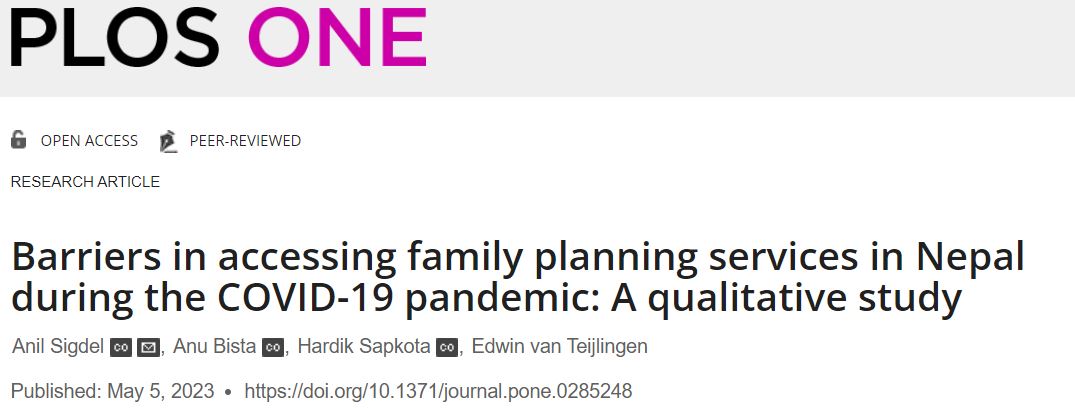
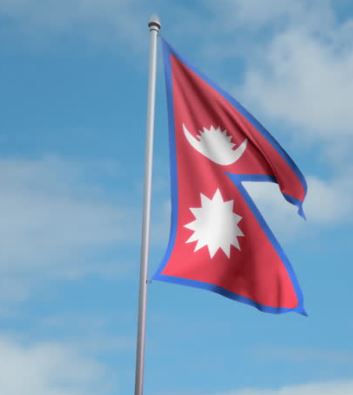
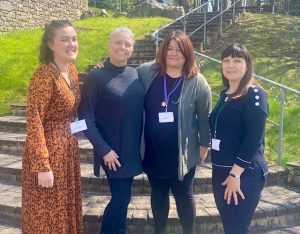 Several midwives from the
Several midwives from the 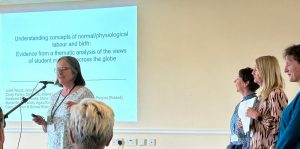
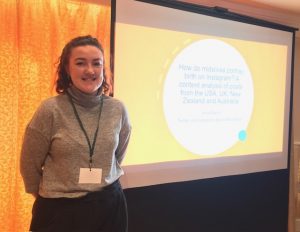 The conference is a great opportunity for emerging researchers. Two of CMMPH postgraduate researchers had the opportunity to share their work with midwives from across the globe. Anna Marsh presented her recently completed MRes work titled ‘How do midwives portray birth on Instagram? A content analysis of posts from the USA, UK, New Zealand and Australia’.
The conference is a great opportunity for emerging researchers. Two of CMMPH postgraduate researchers had the opportunity to share their work with midwives from across the globe. Anna Marsh presented her recently completed MRes work titled ‘How do midwives portray birth on Instagram? A content analysis of posts from the USA, UK, New Zealand and Australia’.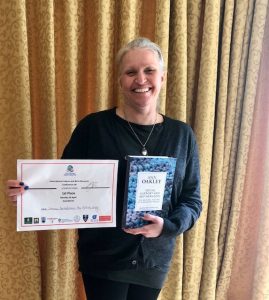 Vanessa Bartholomew, clinical academic doctoral midwife, presented ‘The RETHINK Study: A study to determine if pregnant women who pain catastrophise are more likely to attend hospital during the latent phase of labour’. We are very proud to say that Vanessa’s poster won the conference competition for ‘Best Scientific Poster’!
Vanessa Bartholomew, clinical academic doctoral midwife, presented ‘The RETHINK Study: A study to determine if pregnant women who pain catastrophise are more likely to attend hospital during the latent phase of labour’. We are very proud to say that Vanessa’s poster won the conference competition for ‘Best Scientific Poster’!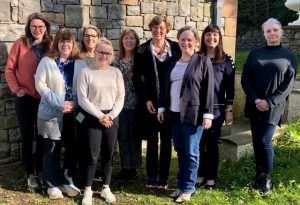 This has been a busy few months for the International Early Labour Research Group (IELRG), which comprises members from across the globe. We had the opportunity to get together at the International Labour and Birth Research Conference in Grange over Sands this month, where early labour was a strong theme.
This has been a busy few months for the International Early Labour Research Group (IELRG), which comprises members from across the globe. We had the opportunity to get together at the International Labour and Birth Research Conference in Grange over Sands this month, where early labour was a strong theme.
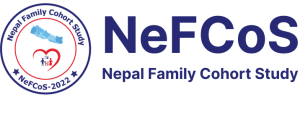
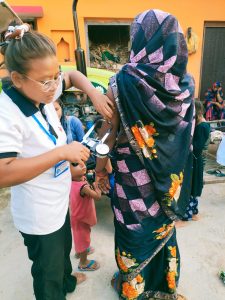

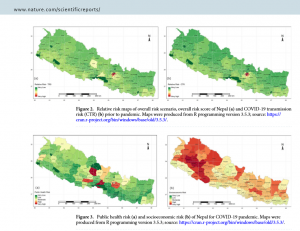
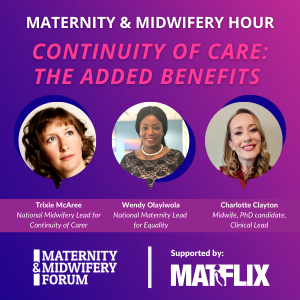
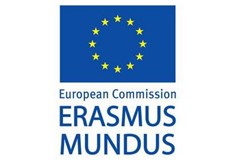 BU professors Vanora Hundley and Carol Clark are currently in Nepal as part of an exchange between Bournemouth University (BU) and Manmohan Memorial Institute of Health Sciences (MMIHS) in Kathmandu, Nepal.
BU professors Vanora Hundley and Carol Clark are currently in Nepal as part of an exchange between Bournemouth University (BU) and Manmohan Memorial Institute of Health Sciences (MMIHS) in Kathmandu, Nepal.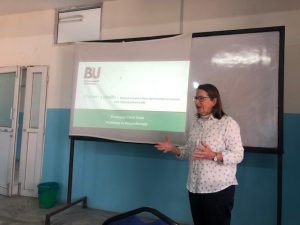
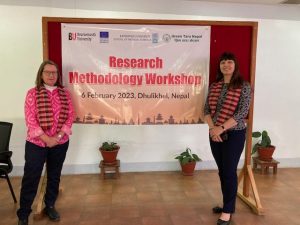
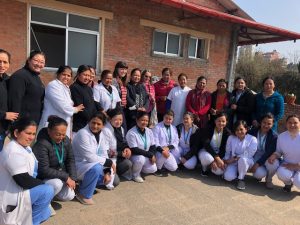



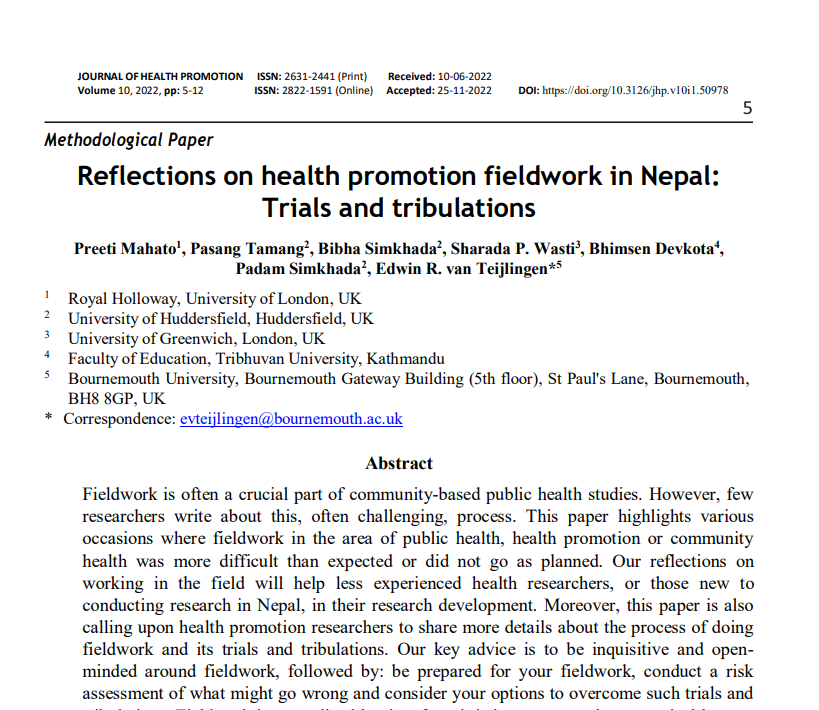
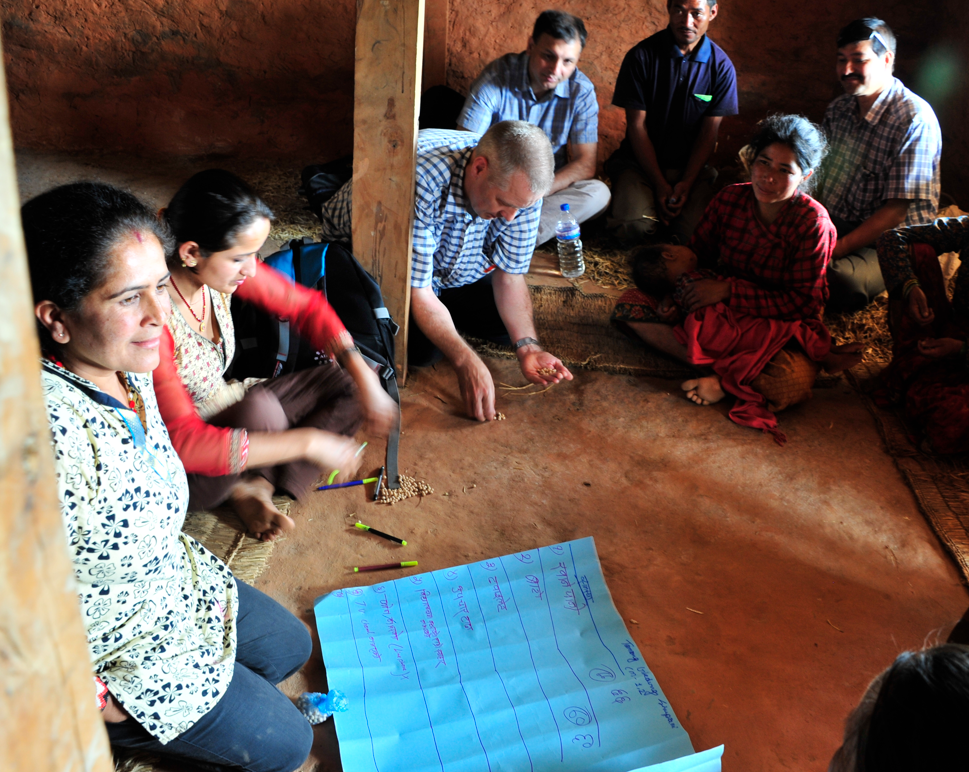



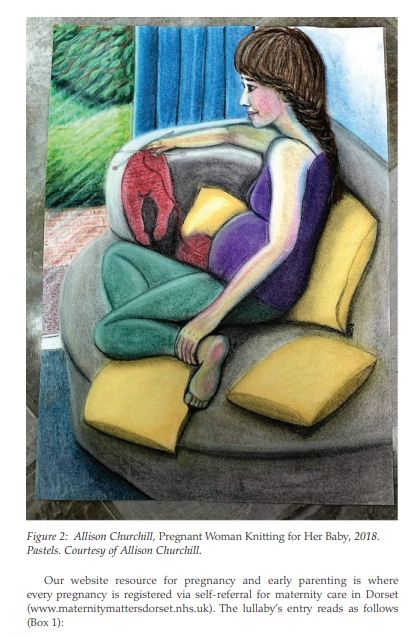

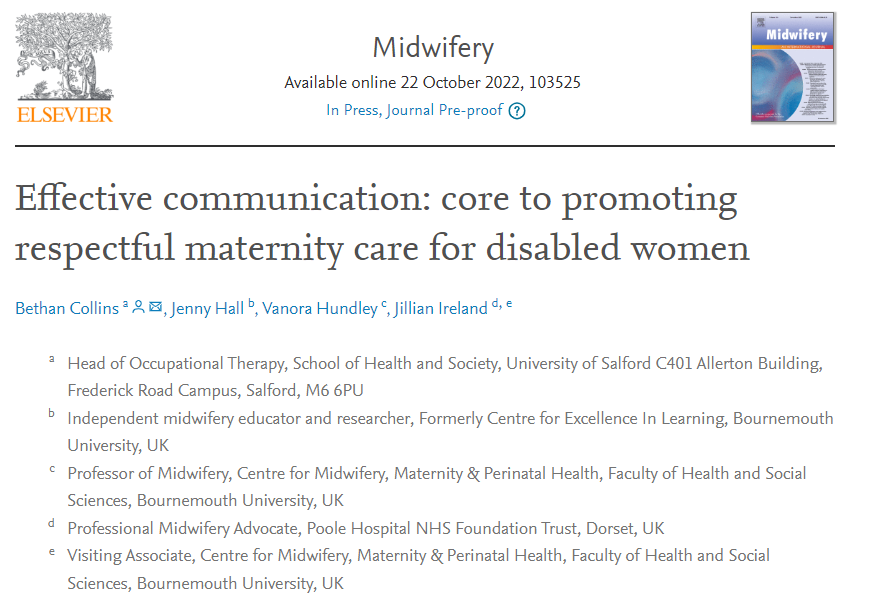
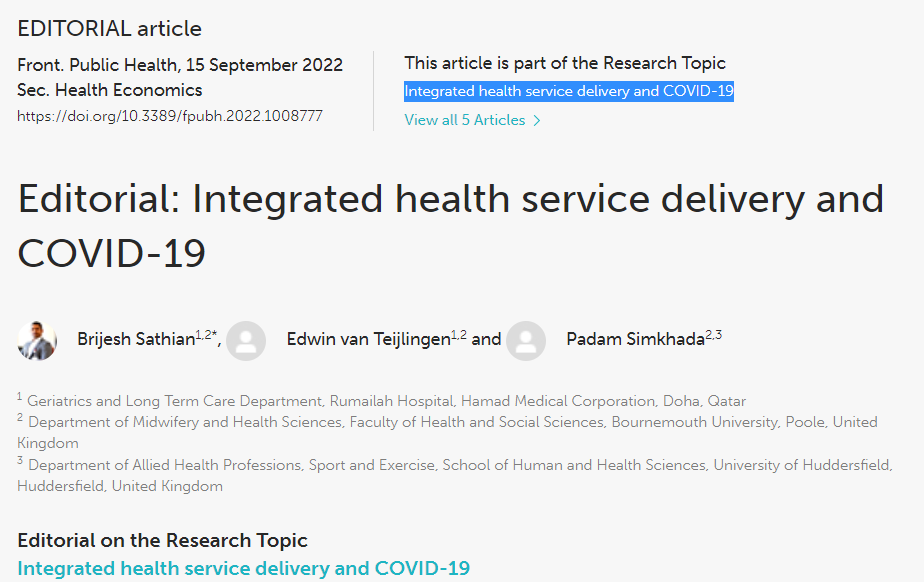
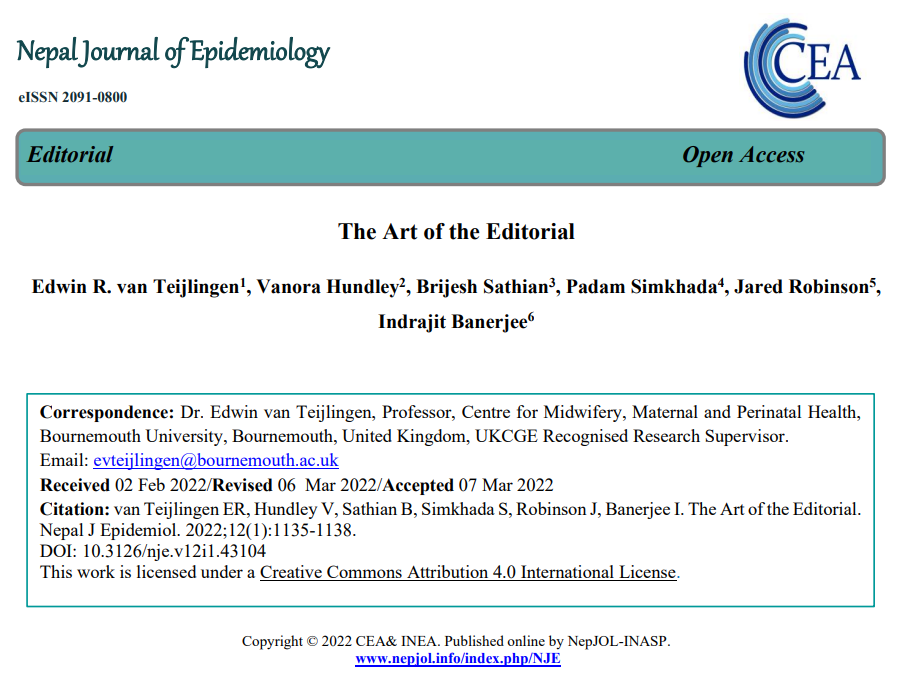
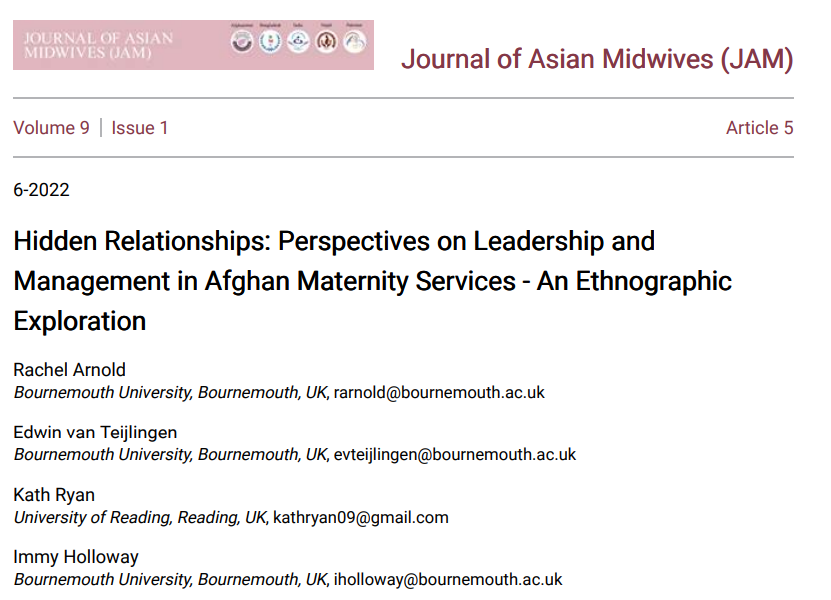












 SPROUT: From Sustainable Research to Sustainable Research Lives
SPROUT: From Sustainable Research to Sustainable Research Lives BRIAN upgrade and new look
BRIAN upgrade and new look Seeing the fruits of your labour in Bangladesh
Seeing the fruits of your labour in Bangladesh Exploring Embodied Research: Body Map Storytelling Workshop & Research Seminar
Exploring Embodied Research: Body Map Storytelling Workshop & Research Seminar Marking a Milestone: The Swash Channel Wreck Book Launch
Marking a Milestone: The Swash Channel Wreck Book Launch ECR Funding Open Call: Research Culture & Community Grant – Application Deadline Friday 12 December
ECR Funding Open Call: Research Culture & Community Grant – Application Deadline Friday 12 December MSCA Postdoctoral Fellowships 2025 Call
MSCA Postdoctoral Fellowships 2025 Call ERC Advanced Grant 2025 Webinar
ERC Advanced Grant 2025 Webinar Update on UKRO services
Update on UKRO services European research project exploring use of ‘virtual twins’ to better manage metabolic associated fatty liver disease
European research project exploring use of ‘virtual twins’ to better manage metabolic associated fatty liver disease